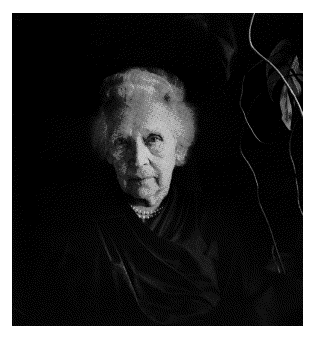Bernhard Schlink
Carol Brown Janeway, Translator
(Pantheon)

And then there's Jakob. Jakob studies traffic patterns, is an expert on unclogging cities. He also meets and is set up by an expert con man, Werner Menzel. Werner ends up with Jakob's passport, his credit cards 5,000 Euros, and, apparently his soul. (The last payment comes after Jakob knows he has been had.)
Werner's story is so good that we find ourselves getting sucked into it, too. He and his girlfriend travel to Kuwait as guests of a consular attaché there. Midway through their stay, she gets kidnapped into "white slavery" (does this stuff still go on?) and three million smackers appear in Werner's bank account. He manages to hang onto it through thick or thin despite some heavy questioning by those who check up on such things. The girlfriend finally escapes, but she never, for obvious reasons, trusts him again.
That is, if she and the story are not a complete fantasy. I mean why would a professional prevaricator spin out an honest story when he can make it far more exciting to help while away the hours on a flight from Frankfurt to JFK?
It's almost worth the whole book. With some large caveats. I should tell you that I have had trouble with this Schlink before. His book The Reader from twenty years ago almost drove me crazy. I wrote before, and I quote, This one has the New York literary birds all a-twitter --- but for some of us, it's more like old fried egg. I had trouble with the plot-line, trouble with the writing, and trouble with the premises. My conclusion:
- The Reader tries hard to deal with all these paradoxes of love and war and guilt and youth, and it may work ... or maybe it doesn't. If we could just get rid of all those dratted wordy, big-P philosophical passages, we might be able to follow the plot and say that it panned out or that it didn't.
Now just because Schlink has moved on to the short story doesn't mean that he has dumped the Philosophy, although it does seem a bit less turgid.
Having said that, there are a couple of hot (and good) ones here. "The Journey to the South" is Nina's story, and she is excellent at hiding the truth about her one-armed lover, whom she dumped so long ago ... and has blamed ever since. It's the twist of memory that does it, our subtle realization as the story develops that she is lying: to herself; to everyone else.
In the same way, "Stranger in the Night" (the con man story) is as gripping as it gets, even making us wonder if the traffic engineer is a bit of a kook for letting this guy continue to con him so spectacularly. But the star of the show is "The House in the Forest," which is worth the whole collection (that means it's worth your while to buy or rent the whole kaboodle to read this one alone.) Kate and her husband and baby Rita go off to live in upstate New York. He was a successful German writer, a one-book man (not unlike Schlink). Kate? She keeps pouring them out, she get prizes, stories in the New York Times. Such that he gets nervous. Is she pushing him aside? How can they be Family when all this literary stuff is going on? What is she hiding from him? "He couldn't tell from her eyes what she was feeling or thinking, and tried not to let his look betray his anxiety."
He starts slipping into town. He picks up the Times but there is that story about her. He hides it from her. Very slowly he begins to cut off her exits, making excuses to not let her and Rita leave.
Schlink's style --- meditative --- is perfect for this type of story. The husband's descent into his own spectral lunacy is excellently paced ... paced to the point that we (the reader) are beginning to feel alarmed for Rita and Kate, saying to ourselves, "What is this crank doing?" and "Is he going to get away with it?" The ending is appropriately ambiguous, and the story is a perfect fit.